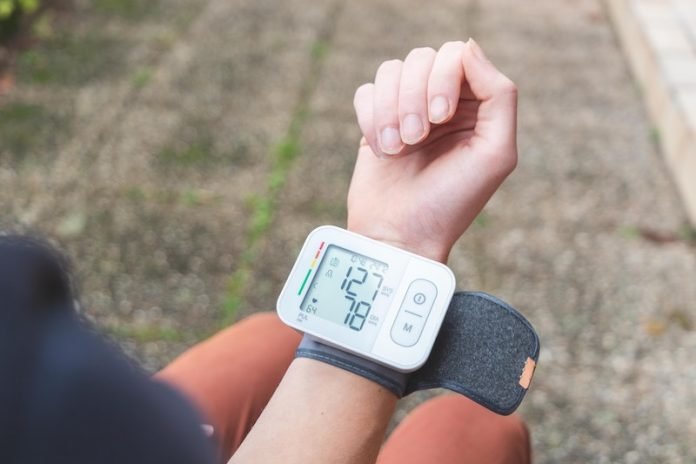
High Blood Pressure and Health Risks
High blood pressure, also known as hypertension, is a common condition affecting nearly half of all adults in the United States.
According to the American Heart Association, high blood pressure significantly raises the risk of heart attack, stroke, kidney disease, and other health issues.
High blood pressure is typically defined by a systolic blood pressure (the top number) of 130 or higher, or a diastolic blood pressure (the bottom number) of 80 or higher, following guidelines from the AHA and American College of Cardiology.
The Study at Rutgers University
A recent study conducted by scientists at Rutgers University found that younger men and older women were more likely to have uncontrolled high blood pressure despite taking medications.
The study utilized health data from the National Health and Nutrition Examination Survey spanning from 1999 to 2018.
It included over 13,000 people who were being treated with medications for high blood pressure. Astonishingly, 34% of the participants had uncontrolled high blood pressure.
Findings and Implications
When comparing men and women across 10-year age groups, researchers found that men in their 20s and 30s were more likely to have uncontrolled high blood pressure than women.
The difference peaked in their 30s. By their 40s, men were still 47% more likely than women to have uncontrolled hypertension.
However, in their 50s and 60s, the odds of having uncontrolled high blood pressure were similar for both genders.
In contrast, for people aged 70 and older, women were 29% more likely to have uncontrolled high blood pressure, and in their 80s and beyond, women were 63% more likely than men to have the issue.
The study suggests a critical need to raise awareness about uncontrolled hypertension among older women and younger men. More research is needed to understand the causes behind this phenomenon.
Risk Factors for Hypertension
Several risk factors contribute to the development of high blood pressure. The most common include:
- Age: Risk of developing high blood pressure increases with age.
- Family history: Those with a family history of high blood pressure are at a higher risk.
- Race or ethnicity: Certain racial and ethnic groups, such as African Americans and Hispanic Americans, are at higher risk.
- Gender: Men are more likely than women to develop high blood pressure, though the risk increases for women after menopause.
- Lifestyle factors: A diet high in sodium, lack of physical activity, obesity, and smoking can all increase the risk.
- Chronic conditions: Conditions like diabetes, kidney disease, and sleep apnea can increase the risk.
- Stress: Chronic stress can also contribute to high blood pressure.
It’s important to note that many people with high blood pressure may not exhibit any symptoms, making regular blood pressure screenings crucial, especially for those with risk factors.
For those concerned about high blood pressure, consult with a healthcare provider and take steps to manage health, including adhering to a healthy diet, exercising regularly, managing stress, and following appropriate medication protocols.
If you care about blood pressure, please read studies about cannabis linked to blood pressure reduction in older people, and this common plant nutrient could help reduce high blood pressure.
For more information about health, please see recent studies about how to live with high blood pressure, and results showing common antimicrobial in toothpaste was linked to inflammation in the gut.
Copyright © 2023 Knowridge Science Report. All rights reserved.



